
Good morning my follow members of the CryptoAcademy community and the Steemit community at larger, I welcome you all to my homework task for this week and it is on blockchain technology application in the healthcare, this was a lecture delivery by professor @yohan2on. Before I start my homework task, let we defined and explain what a blockchain is, consider that we are talking about blockchain, so understanding a blockchain will improve our understanding of the topic.
INTRODUCTION
Over the years counties spend more than 10% of their GDP on healthcare alone, thanks to the steady increasing cost of healthcare, consider the continues plagued of high hospital billing, constantly breaching of hospital data and inefficient practices. All these are problems very expensive to over ignore, this is why many organisations are spurring the drive and move for a better improved, efficiency and innovative healthcare system. Considering the efficiency and innovation of the blockchain technology, integrating it into the healthcare sector, will eliminate the current high hospital cost, put the billing in check, secure patient health records and generally improve all healthcare experiences.
Utilizing blockchain technology in doing all activities from securely encrypting patient medical records, managing the outbreak of dreaded diseases such as pandemic, etc, will increase patient trust on the healthcare sector. Many countries have started the integration of the blockchain technology into their healthcare system and Estonia are on the forefront of this drive, Estonia started utilizing the potentials of blockchain healthcare since 2012.
Since 2012, Estonia uses blockchain technology to secure all their healthcare records and also in processing all healthcare transactions in the country, such as all healthcare billings are done on the blockchain, more than 95% of health records are ledger-based and more than 99% of drugs prescription is digital. In the healthcare sector, blockchain has numerous areas of applications and use, such as the blockchain ledger technology can help in secure transfer of patient medical records, facilitate the drugs supply chain and help researchers decode genetic, etc.
WHAT IS A BLOCKCHAIN?
A blockchain can be describe as a distributed ledger that record's and store's transaction data. It can also be defined as an immutable record of p2p transactions built from interconnected blocks and is stored in a digital transaction ledger, and then shared among the transaction blocks. The blockchain is built to utilize cryptography technology in facilitate users interact such as exchange, store, and retrieve transaction data, doing all these without establishing trust from bother parties.
Blockchain is a decentralized system, so it doesn't have a centralized entity controlling it, all records stored are distributed among the participants in the network. This ensures that all Interactions in the blockchain are visible to all the participants and that before a transaction record will be added to the network, they must be verified to facilitate trust less interaction among participants.
At this point I will be looking at the application areas of blockchain in the healthcare sector.
SECURITY OF HEALTH DATA
Safe guiding patients medical records is one of the most fundamental blockchain healthcare application right now, keeping these medical records have been a serious challenge to the healthcare sector. From 2009 to 2017, approximately 170 million patient medical records were stolen (data breaches), which gives these criminals access to stole banking and credit card Information, health and genomics records.
Blockchain Immutable, decentralized and transparent abilities makes it a perfect technology for security applications in the process of securing log of all patients' data. Consequently, blockchain transparency is private, which ensures that the identity of patients are confidential, using complex and secure codes to protect sensitive patient medical records. It also provides a decentralized distributed technology which enables patients, doctors and healthcare organizations to share medical records quickly and safely.
Company that are utilizing blockchain technology to secure patient medical records.
AKIRI
Akiri is a big data company and is one of the leading blockchain healthcare applications companies, It is based in Foster City, CA USA. Akiri uses network-as-a-service platform that are specifically developed for healthcare, to facilitate the securing of patient health record when these records are been transferred
These records aren't stored on the Akiri platform but it operates as a network and protocol that establish policies and layers, as it ensure that the source and destination of data are properly verified. The organization ensures that healthcare record of patients are immutable, secured and not manipulated, thereby making these data shareable among authorized and authenticated parties as at when needed.
EFFICIENCY AND EFFECTIVE SHARABLE MEDICAL RECORDS
The lack of adequate communication among medical professionals have been a big challenge that have cost the healthcare sector more than $9 billion every year. From the process of accessing a patient's medical records, which exhausts resources and also causes delays to patient care since it's time-consuming. However, the implementation of blockchain-based medical records ensures that these delays are eliminated by ensuring data are accessed efficiently and effectively.
The shared decentralized distributed data which is one of the fundamental properties of the blockchain technology helps to establish single ecosystem of patient medical records which doctors, hospitals, pharmacists and other medical professionals can quickly and efficiently referenced to. The implementation of this consequently, lead to faster diagnoses and helps plan personalized healthcare for a patient.
Company that are utilizing blockchain technology in sharing patients medical data
PROCREDEX
Professional Credentials Exchange
(ProCredEx) is a blockchain healthcare application platform that deals in professional credentials exchange, the platform is based in Tampa, FL USA. ProCredEx operates a decentralized distributed ledger of medical credentials, which is based on complex data set efficiency which ensures that data are immutable and traceable, thereby providing data that meet unique organizational requirements and are also shareable with the authorized parties.
It utilizes a system called proprietary validation engines, which is used to give access to medical data only to approved organizations, thereby ensuring that the healthcare platforms can quickly and efficiently acquire verified credentials that will help guarantee patient safety and improve healthcare quality.
MEDICAL SUPPLY CHAIN AND DRUG SAFETY
The safety of our drugs have been under threat for a very long time, the ordinary man on the street do really know anything about our medicine and we can't trust it hasn't been manipulated or there's no guarantee that we are getting our medicine from a legitimate supplier, these remain the fundamental challenges facing the medical supply chain.
The implementation of blockchain technology in this section of healthcare, help improve the efficiency of pharmaceutical supply chain, and the distributed decentralized nature also virtually guarantee transparency when drug are on the process of transit. After creating a ledger for a drug, the point of origin will be stated (the laboratory where the drug was produce). This ledger will start to record every process the drug go through, such as who handled the drug, the places or stores it has been, cost of labor and even waste emission until it get to finial destination (consumer).
Companies that are utilizing blockchain in the healthcare supply chain.
EMBLEEMA
Embleema blockchain healthcare is a pharmaceutical development company based in New York, NY USA. Embleema operates a virtual trial and regulatory analytics platform which is based on fast tracking drug development. The platform ensures that digitally secured drugs and collection of medical data are guaranteed to users, which are then stored on the Embleema’s blockchain for analyzing. The Embleema’s blockchain provides a Virtual Studies Suite (VSS), that helps to monitor patient in a bid to ensure that treatment availability are speedily and thereby improving safety.
CHRONICLED
Chronicled is a blockchain supply chain Management platform that is based in San Francisco, California, USA. It designed a blockchain that is based on chain-of-custody, these networks are specifically built to help pharmaceutical companies ensure their medicines get to consumers efficiently, and also provide a platform for law enforcement agency to investigate any criminal act such as drug trafficking, fake drug, etc.
The company started a project called MediLedger in 2017, this project is a ledger platform specifically based on privacy, safety, and efficiency of healthcare supply chains, the blockchain network guarantees the safe arrival and reviewing of drug supplying. However, according to recent statistics emitting from the MediLedger Project, it indicates that the blockchain based platform has the abilities to service as an interoperable system for the pharmaceutical supply chain and also ensuring that data privacy are guaranteed in the pharmaceutical sector.
 to
to
BLOCKPHARMA
Blockpharma is a blockchain pharmaceutical supply chain company that is based in Paris, France. Blockpharma operates as a platform that guarantees a solution to some problems facing the pharmaceutical sector such as counterfeiting, drug traceability, etc. The platform ensures that the supply chain are scanned and verified at every point when on transit, it app provide patients with the opportunity to detect if what they have is falsified medicines. Furthermore, this is possible through the blockchain-based SCM system, which has successfully detected more than 12% of all falsified medicines worldwide.
GENOMICS DATABASE
Over the year's, to enjoy the potential of genomics which has the ability to improve human health has been a mountain top challenge, but with the current implementation of blockchain technology into the healthcare sector, it has become a scientific and financial reality. According to statistics, in early 2000, to process a human genome will require $1 billion, but today with the help of blockchain technology, it only cost approximately $700 which make it easier for anybody to process.
Today it's more affordable and efficient in the sense that many platforms are delivering DNA tests that provides clues that are redefining our healthcare and are delivering this data to many homes. Blockchain technology have provided a perfect avenue for this growing sector as immutability and secured nature of the blockchain will help to transmit these DNA test to genetic data points worldwide. It has also transformed into a marketplace where you are allowed to trade your encrypted genetic information, which are used to a database, thereby granting valuable data access to scientists faster.
Company that are utilizing blockchain technology in genetic.
NEBULA GENOMICS
Nebula genomics is biotechnology genetics company that is based in Boston, Massachusetts, USA. The platform uses a decentralized distributed ledger system in ensuring that unnecessary spending and intermediary are eliminated in the process of studying genetic. Over the years, pharmaceutical and biotech companies spent more than $2billion every year in acquiring genetic data from third parties, the platform have created genetic database center, consequently eliminating third-party and providing a platform that users can monetize their encrypted genetic data, this have helped to lower the cost and improve the efficiency of genetics study.
TRACKING DISEASES AND OUTBREAKS
One of blockchain technology fundamental properties is immutability, this unique characteristics of the technology will ensure that diseases are traceable specially during an outbreak, by providing unaltered real time reporting of diseases and also helps to study their patterns, thereby leading to quickly discovering of its origin and transmission parameters.
HEALTH INSURANCE CLAIMS
The claiming of insurance have been a very rigorous task, with the blockchain claim process ensuring its efficiency since it have the ability to report medically issues as they happen, without anybody manipulating data and the smart contract will trigger the claim.
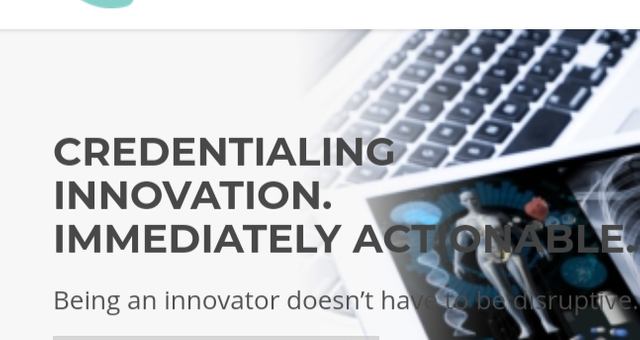
EFFICIENT SWITCHING OF PATIENTS BETWEEN MEDICAL PLATFORMS
The blockchain is a distributed ledger, since all the platform on the blockchain are sharing information, this means the patient can unlock and share their medical data with another healthcare platform using an encrypted private key. Furthermore, the interoperability between user help to improve the database of the health information technology (HIT).
INTEROPERABLE OF HEALTH RECORDS
The blockchain will provide a single transaction layer where medical platforms will submit and share data using an authenticated and secured system, this will ensure that standardized set of data are stored on the blockchain with an encrypted private link to separately store information, the smart contract ensuring that there is efficiency in connectivity among users.
PAYMENT OF MEDICAL BILLS
The payment of medical bills can be automated using smart contract and this will also improve the efficiency of paying bills because it will be automated with the smart contract technology which will trigger once a consensus agreement have been achieved by both parties.
ADVANTAGES
INTEROPERABILITY
The blockchain makes it possible for many medical platforms to interoperate health data and other services, these are good for patients because they can easily send their healthcare records to other platforms
EFFICIENT
The implementation have improved the efficiency of our healthcare, enhance medical records storage and delivering, thereby eliminating wait time, which now mean quick care of patients.
SECURED
The blockchain have helped improve the security of our healthcare system, drugs supply can now be tracked from the manufacturing point to the suppliers and down to the consumers, thereby eliminating some percentage of counterfeits drugs. Medical records are also safe, since record can't be manipulated and altered.
DISADVANTAGES
COLLABORATION
The system requires collaboration and this could pose a very big challenge for all the companies involved in a patient care to come together and collaborate on how a patient medical data is managed,
Misconception
Some people see it that blockchain was designed for Bitcoin, which have caused many healthcare professionals to find it difficult to correlation and thereby equating it with privacy risk.
A NEW SYSTEM
Every new system comes will a challenge and the integration of blockchain and healthcare is not an exception. This new system could be a challenging one for patients and medical professionals who knows nothing about the blockchain.
CONCLUSION
The implementation of blockchain technology into our healthcare system can never be expertise on, since there are many sections of the healthcare sector that can benefit from the integration. Though the applications are still at the experimental phases but there are tantalizing signs that is encouraging at this early stages. Blockchain has help to provide improved security in our medical system and synchronized transactions, there by enhance the system of healthcare data management.
The immutable, secure and privacy nature of blockchain ensure that healthcare record are not manipulated or tampered in storage or when on transmission, it also eliminates counterfeit drug and enhance service delivering to patient, since medical professionals can share medical records.
Thank you professor @yohan2on for this lecture

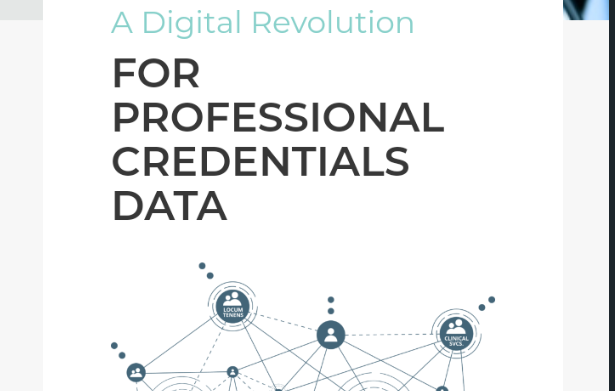
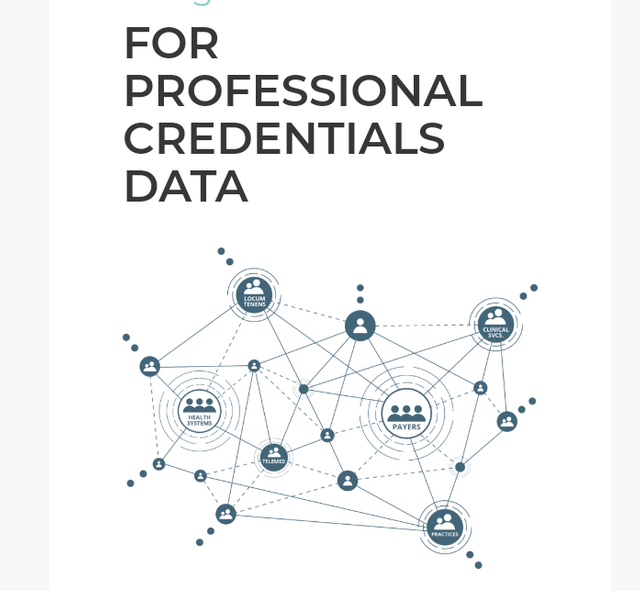

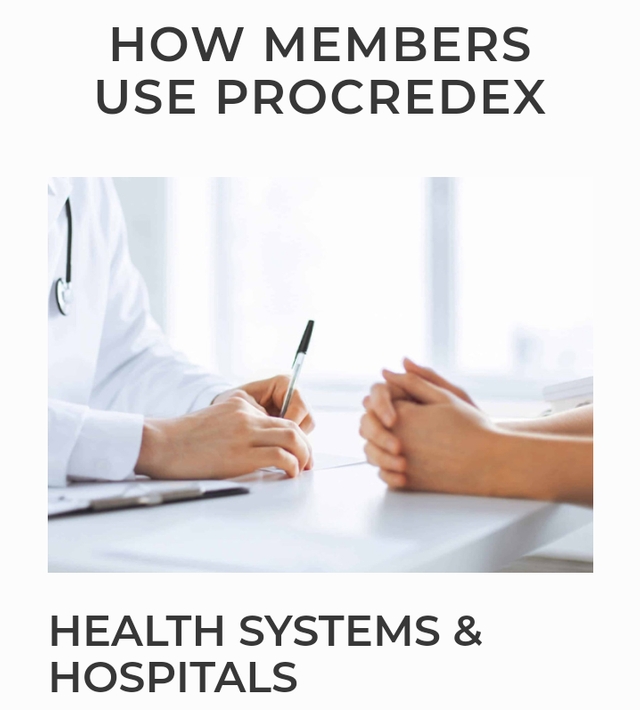
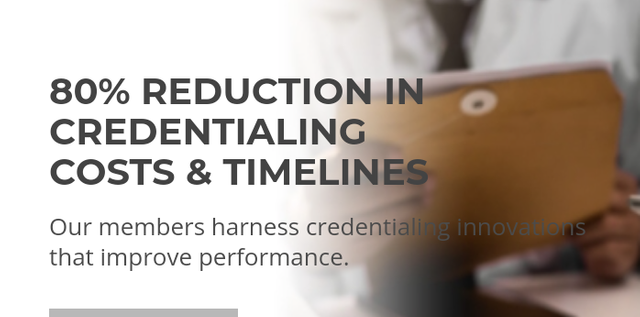
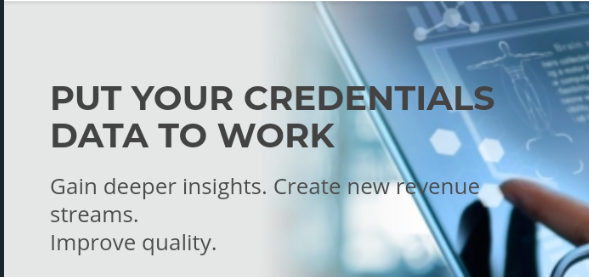
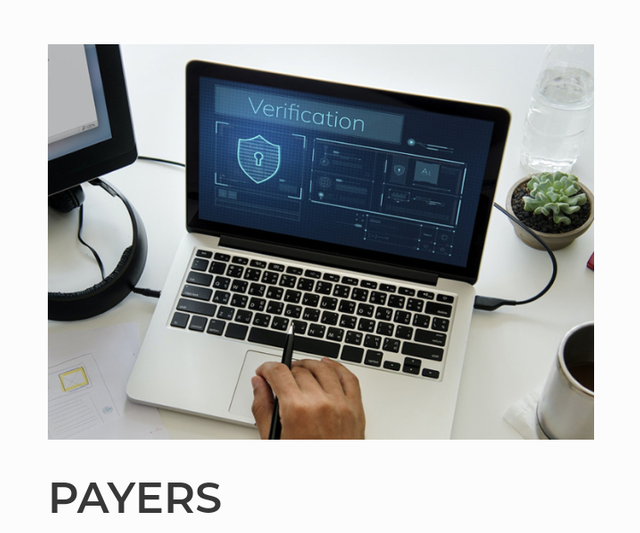
Hi @eberechi10
Thanks for participating in the Steemit Crypto Academy
Feedback
Such statistical information needs an attached reference for verification of whether what you are sharing is true. Otherwise, it might be considered plagiarism.
You also need to improve on the quality of your presentations by correcting all the typing errors before submitting your work for review.
Total| 6/10
Downvoting a post can decrease pending rewards and make it less visible. Common reasons:
Submit
thanks you professor
Downvoting a post can decrease pending rewards and make it less visible. Common reasons:
Submit